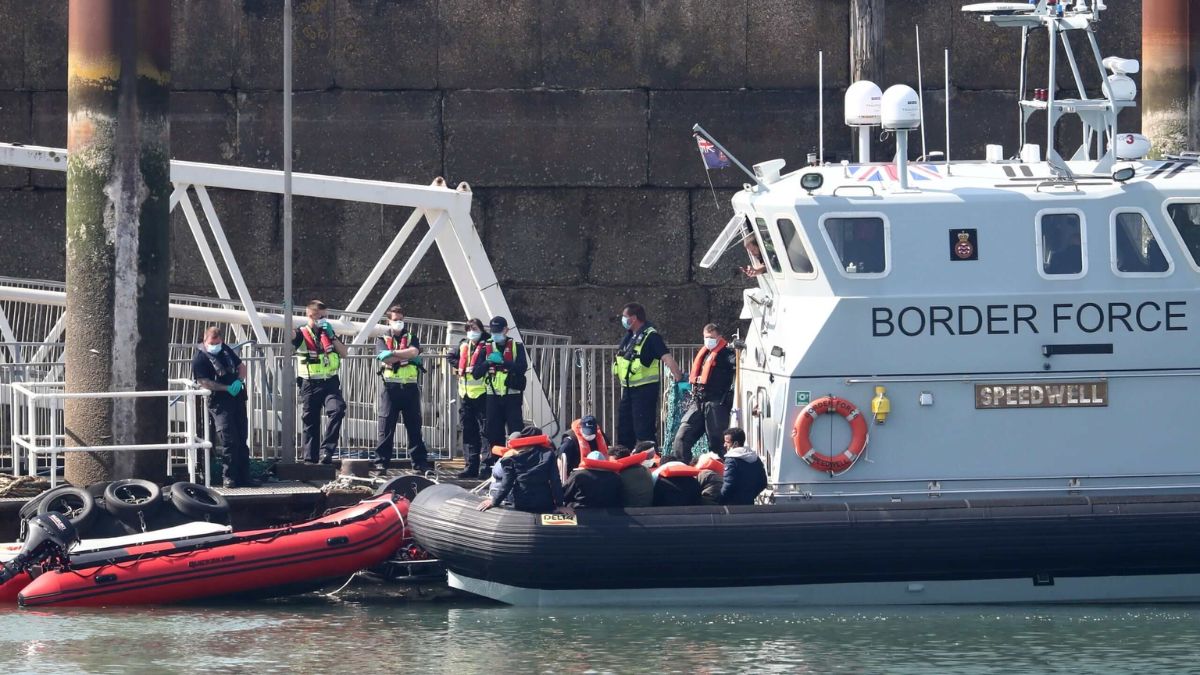The British Foreign Office has announced a new wave of restrictions targeting ten ships identified as “high-volume offenders” in recent maritime sanctions. This move is part of ongoing efforts to curb illegal activities at sea and enforce international maritime laws.
The ten ships in question have been flagged for their involvement in activities deemed to undermine global maritime regulations. The term “high-volume offenders” refers to vessels repeatedly engaged in illicit actions such as smuggling, illegal fishing, or violating sanctions imposed by the United Nations.
The British Foreign Office has not disclosed the specific activities or locations of these ships but emphasised that the restrictions are aimed at disrupting patterns of illegal behaviour and ensuring compliance with international laws. This step follows a series of investigations and monitoring efforts by maritime authorities to identify and target vessels that persistently flout regulations.
The restrictions impose significant limitations on the operations of these ships, including bans on docking in British ports, restrictions on their ability to access U.K.-based financial services, and prohibitions on conducting business with British entities. The measures also extend to freezing any assets the ships may have within U.K. jurisdiction.
This latest round of sanctions is part of a broader strategy by the U.K. to strengthen maritime enforcement and address persistent issues in international waters. The U.K. has been working in coordination with international partners to tackle a range of maritime crimes, including illegal fishing practices that threaten global fish stocks and transnational smuggling operations.
The Foreign Office’s decision comes as part of the U.K.’s ongoing efforts to enhance maritime security and protect the integrity of global shipping routes. The focus on high-volume offenders underscores the need for targeted actions against those who repeatedly breach international regulations, which is crucial for maintaining order and safety on the high seas.

